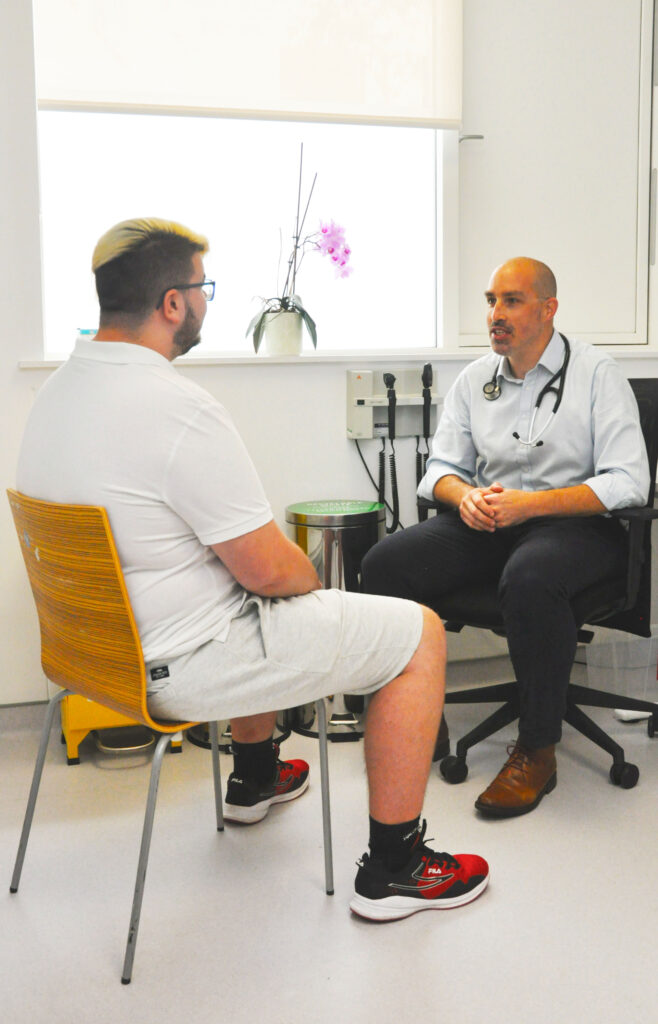Resources for You
If you have a patient with a pituitary condition then we are here to support you, we have resources that can help you to learn more about their condition. We know that pituitary diseases are rare, so our information can help you learn more about a condition that you may not have come across before.
Pituitary Disease Factfile – Contains information to aid diagnostic skills and the shared after-care of patients.
Support for your patients
We have a number of support services that your patients can utilise if they need extra support when living with a pituitary condition. Our aim is to ensure that everyone is able to live well with a pituitary condition whatever that means to them.
Our range of support services can help your patients to learn more about their condition, and also provide practical information on living with a pituitary condition:
Endocrine Nurse helpline – Our specialist endocrine nurses can provide medical advice to patients on their specific condition.
Information and Support Helpline – Our volunteers and staff run helpline provides patients the opportunity to speak to others with pituitary conditions.
Telephone Buddy – This service provides one to one support with someone who has a similar or the same diagnosis as your patient.
Support Groups – We have a number of volunteer-led support groups across the UK, that host meetings with endocrinologists and peer support for patients.
Resource Booklets – We provide resource booklets with a range of information on different conditions and resources to educate and empower patients.
Events – We hold regular online events with endocrinologists on specific conditions/topics. These give people the opportunity to hear from professionals and ask questions.
Steroid Emergency Card
All people who are dependent on daily steroid therapy should carry a Steroid Emergency Card. This is issued by the NHS and contains advice on for medical professionals on what to do in case of adrenal crisis. Patients that need this card can get it from their endocrine team, pharmacist and GP practices should also have a supply to give to patients. If you don’t have a supply then you can order them online via the NHS Primary Care Support. If you are not registered with this service please contact: [email protected].
Traumatic Head Injury
The NICE guidance for assessing traumatic head injuries has been changed. This means that in case of any severity of head injury, pituitary dysfunction should be considered. People who are admitted to hospital with a head injury who have persistently abnormal low sodium levels or low blood pressure, should be investigated for hypopituitarism. Previously the guidance stated that pituitary dysfunction following a traumatic brain injury was serious but rare.
Free GP course for Adrenal Insufficiency
The Addison’s Disease Self-Help Group have worked with the Royal College of General Practitioners to create a GP education module titled ‘Adrenal insufficiency with a focus on Addison’s disease’. Addison’s Disease is different to adrenal insufficiency, but there are lots of crossover, so we would recommend that GPs take this course. Take the course.








